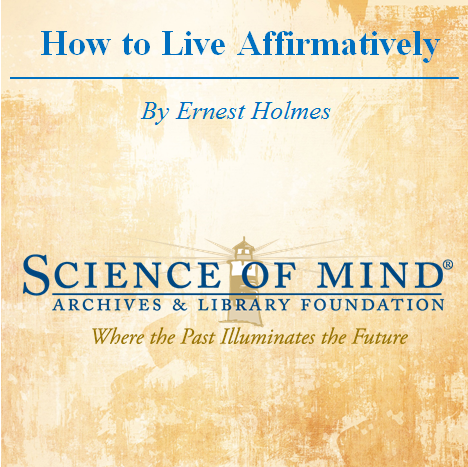Description
If you carefully study the words of Jesus, in his prayers to God and in his instructions to his followers, you will discover that Jesus lived affirmatively. For instance, when he stood before the tomb of Lazarus and his friends were saying, “Lazarus is dead,” Jesus lifted up his eyes and his thought to heaven and said, “Father, I thank Thee that Thou hast heard me. And I know that Thou hearest me always.” Jesus was affirming that God, or Life, is right where we are. He was recognizing the Divine and giving thanks that God is ever-present with us.
“Father, I thank Thee that Thou hast heard me.” There was no doubt in this statement. It was a joyful recognition, a hymn of praise, a song of life. It was not a funeral dirge. He didn’t say, “Lazarus is dead and there is nothing we can do about it.” He turned from death and the tomb; he turned from the weeping and wailing of the family and friends; he turned from the doubts and misgivings of his own followers who were standing awestruck at the thought of what he was about to do. Jesus turned from the denial of Life to the greatest affirmation the human mind can entertain: God is all there is, and God is right where I am; the power of Divine life is available here and now. “Father, I thank Thee.”
Are you and I giving such joyful recognition to the presence of Life even in the face of what seems to contradict it? For we all, in a certain sense, are standing before the tomb of buried hope, of vanishing faith and lost ambition. And we are weeping over what might have been. This was not the method of Jesus. “Father, I thank Thee.” Here is spontaneous joy, here is glad recognition.
And I know there was no doubt in his mind when he said, “I know that Thou hearest me always.” “Father, I thank Thee that Thou hast heard me.” There was a joyful appreciation of the Divine Presence which was ever with him and the Divine Power which Jesus used as definitely as you and I use other laws of nature. He did not say, “At times God will hear me and at other times He will refuse to listen.” He did not say, “Divine Power is available on certain occasions and not on others.” Always it was there; always it was available.
“Father, I thank Thee that Thou hast heard me. And I know that Thou hearest me always.” There are three definite mental attitudes that Jesus assumed on this historic occasion when he proved the supremacy of the Spirit in human affairs wherever we are willing to let it be supreme. When he said, “Father, I thank Thee that Thou hast heard me,” he was recognizing the Divine Presence, the unity of good, the oneness of God and man.

